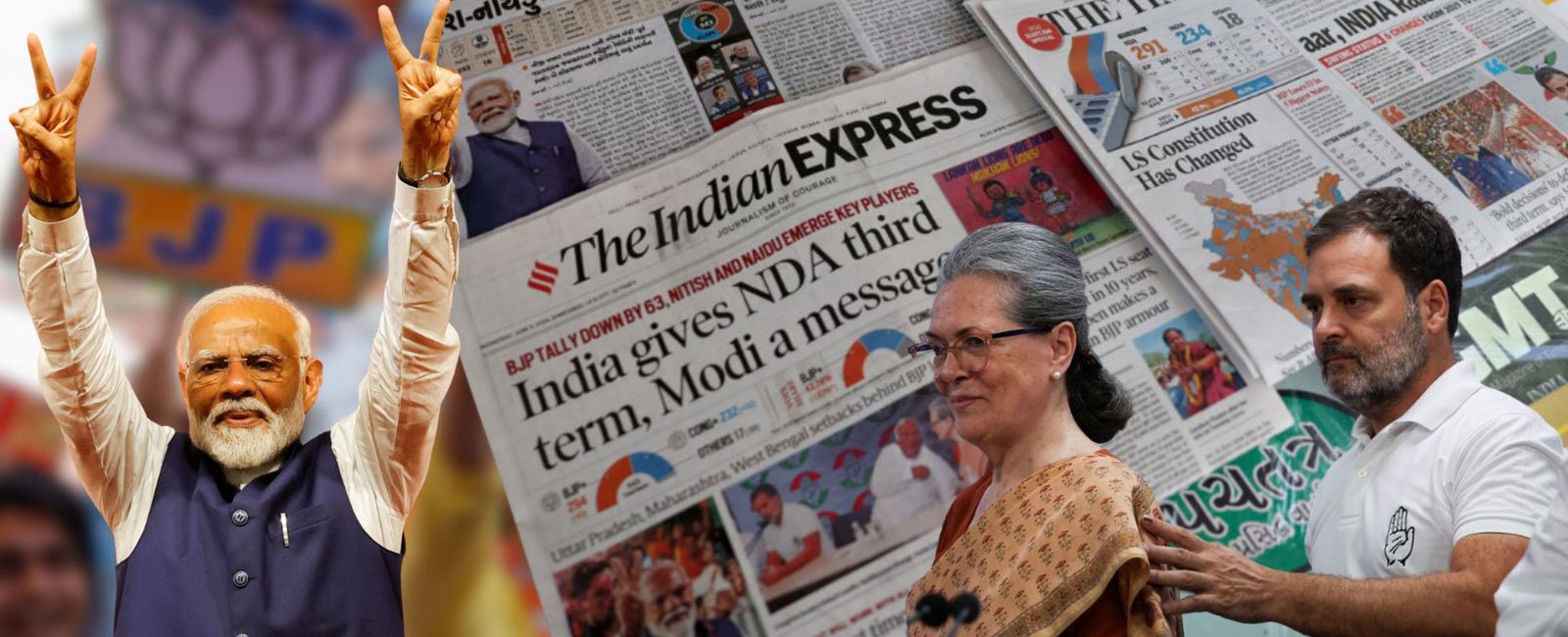Decoding Indian election results: BJP's fall, Congress's rise
The debate was not around which party will win but perhaps on whether BJP can improve on its 2019 victory and by how much; this has changed dramatically

Modi has won. Or has he? His victory is being categorised as a pyrrhic victory. A victory that inflicts such a devastating toll on the victor that it is tantamount to defeat. The phrase originates from a quote from Pyrrhus of Epirus, whose triumph against the Romans in the Battle of Asculum in 279 BC destroyed much of his forces, forcing the end of his campaign.
The Congress-led Indian National Developmental Inclusive Alliance (I.N.D.I.A), consisting of 28 parties, has made a stunning comeback to the Lok Sabha with 222 seats and is poised to be a very strong opposition. The INDIA bloc members demanded that Prime Minister Narendra Modi resign on moral grounds after his party failed to retain a majority without allies. They said the poll result "is also a popular rejection of the politics of vendetta" by the BJP-led government.
Narendra Modi will probably become a third-time prime minister, but a very pale one in comparison to what he was orchestrating. He is way short of his ask of 400, for the first time since his Hindu nationalist Bharatiya Janata Party (BJP) swept to power in 2014, it has not secured a majority on its own, winning 240 seats, far fewer than the record 303 it won in the 2019 election.
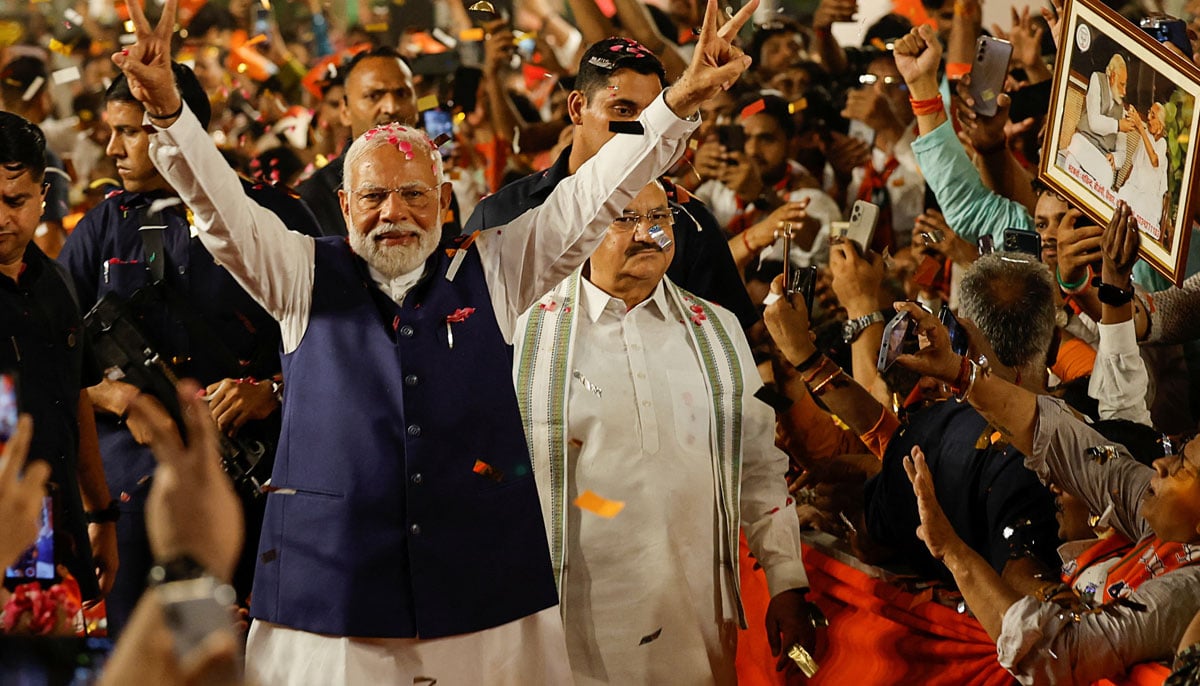
"At the very least, the result pricks the bubble of Prime Minister Modi’s authority, he made this election about himself, today he is just another politician, cut to size by the people," said Pratap Bhanu Mehta, a political commentator in his article in The Indian Express daily.
India elections — history in making
India’s gigantic elections began on April 19th 2024, and the final count came in on 4th June 2024. The exercise lasted for six weeks; it had almost one billion voting, and spanned over seven phases.
The election process itself was history in the making. The democracies of the world witnessed a ‘new first’. Never before in the human and political history, has the world seen such a long and phased election ever.
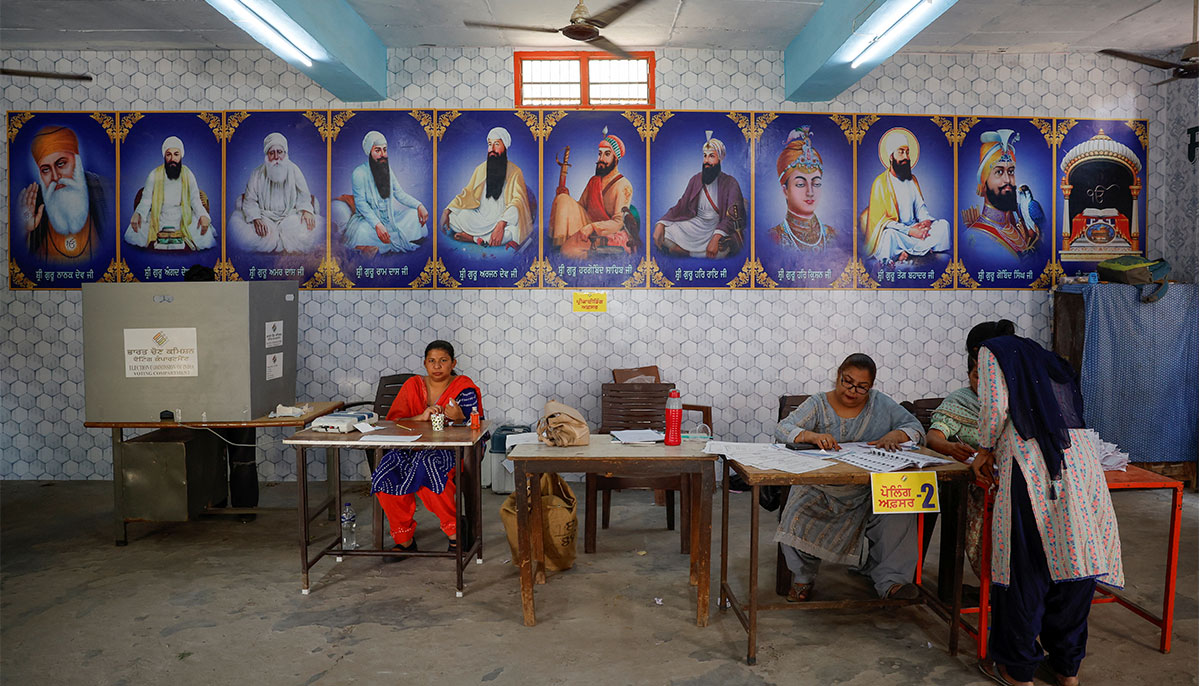
As per the established norms of political science, the spread of electioneering is itself undemocratic. This is not the only thing that is problematic about the Indian polls.
The debate was not around which party will win but perhaps on whether BJP (Modi’s party) can improve on its 2019 victory and by how much; this has changed dramatically.
'Modi Ki Guarantee'
It seems the voter did see through the "Modi Ki Guarantee", in which he committed to take his nation into the top three economies of the world, launch a final and decisive assault against poverty, open up newer avenues of growth, unveil the next generation of reforms and take a number of pro-people decisions.
This Modi Ki Guarantee had come out at a time when voters had serious concerns about unemployment, inflation and overall distress in the world’s fastest-growing economy. “Voters have clearly indicated that jobs and economic aspirations matter. The economic message from the results is that jobs matter” – Times of India.
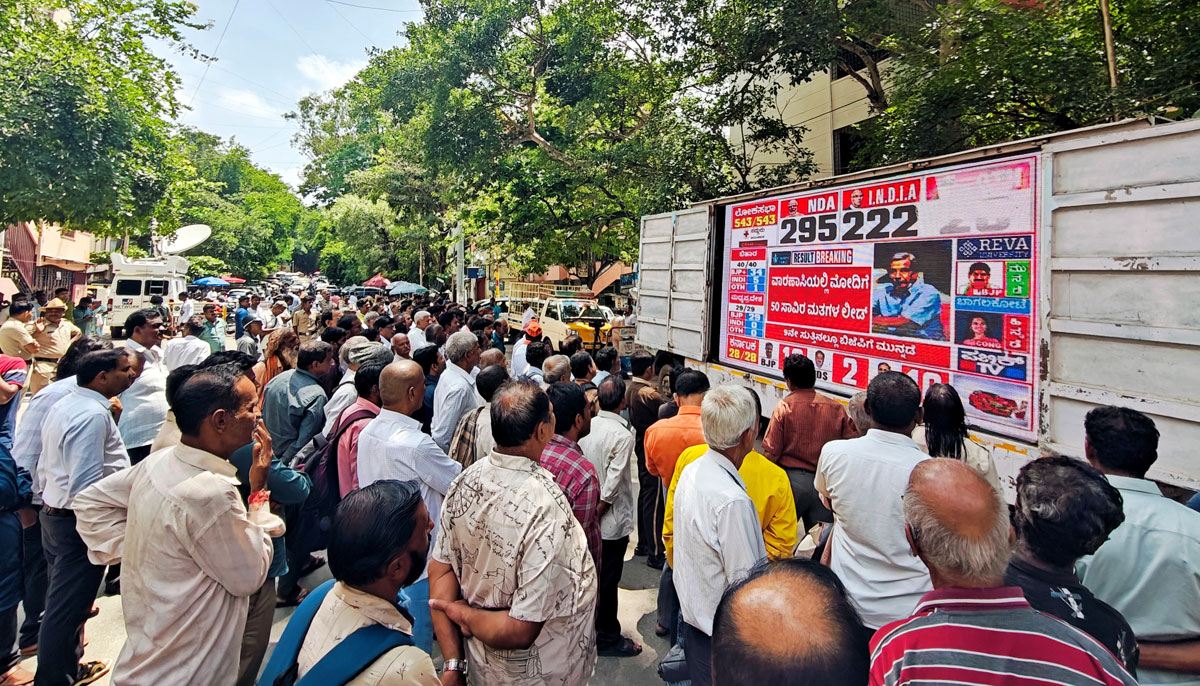
The population remains largely impoverished, youth unemployment rates are higher than global levels, and the rising inequality in India is also one of the highest in the world with it earning the title of ‘The Rise of the Billionaire Raj’ for a study on wealth inequality.
The report reveals that India's top 1% income share ranks the highest in the world behind Peru and Yemen amongst a couple of other small countries. The top 1% in India holds 40% wealth of the country. The Billionaire Raj headed by India’s modern bourgeois is now more unequal than the British Raj headed by the colonist forces says the author of the report.
India has mastered the art of fudging data, thus giving much to celebrate on paper. However, economists and serious researchers are raising questions about India’s poverty estimates. India has a score of 28.7, indicating a serious level of hunger. The Modi government’s claims of spectacular growth are contradicted by rising inequality and stagnant living standards for the vast majority. The recovery, in the jargon of economists, is K-shaped, where the rich are thriving while the poor struggle. This seems to have impacted the unchallenged Modi might.
Why has Modi's popularity slumped?
The other source of the decline in Modi’s popularity was the Indian Farmers' Movement. It’s one of the biggest social movements the country has seen in decades. The year 2024 has been a protest year for the farmers of India, they are charged and are mobilising to challenge rural impoverishment under a destructive neoliberal model. The use of heavy-handed state repression faced by them at the Punjab-Haryana border in February 2024 has backfired during elections.
Nearly 54,000 farmers and farmer labourers committed suicide between 2018 and 2022. Between 1995 and 2018 almost four hundred thousand farmers committed suicide in total. All of them have families and loved ones. The increasing fragmentation of agricultural land holdings has made life harder for the majority of small and marginal farmers.
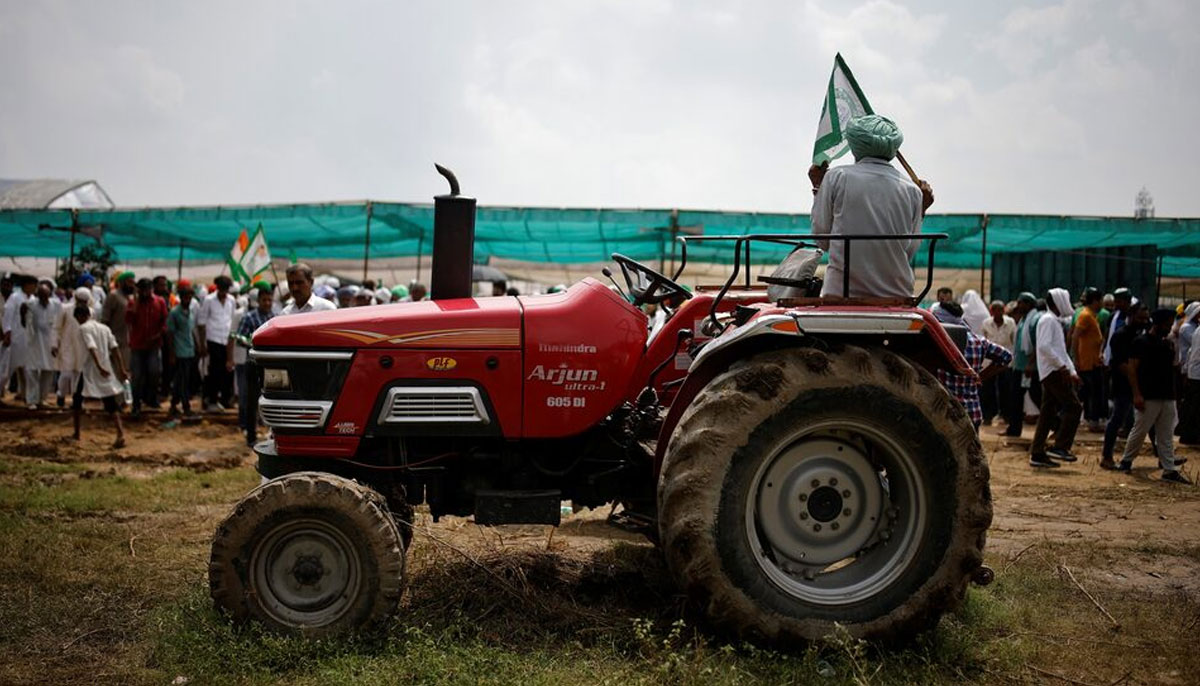
The news from the Indian Illegally Occupied Jammu & Kashmir (IIOJK) was also interesting, BJP had not fielded any candidate in the region to begin with. The absence of the prime minister’s party on a winning spree from the electoral fray in the Muslim-majority region was seen as a sign of its unpopularity. However, more interestingly, a former legislator, who has been behind bars since 2019 in a terror funding case, is winning with a huge margin of votes.
Engineer Rashid has won from Kashmir’s Baramulla constituency as an independent candidate, beating former Chief Ministers Mehbooba Mufti and Omar Abdullah from the Jammu and Kashmir National Conference Party. Modi and his Hindutva upsurge seemed unstoppable, the winds are changing, if not reversing. India has restrained Modi where he seemed unstoppable since BJP assumed power ten years ago in 2014.
Profound media control and its very apt use had allowed Modi to build the facade of having no competition whatsoever. Under Modi as a rule of thumb the Indian media has become more pliant and critical voices are muzzled. As per past practice, the BJP had turned the electoral contest into Modi versus the rest.
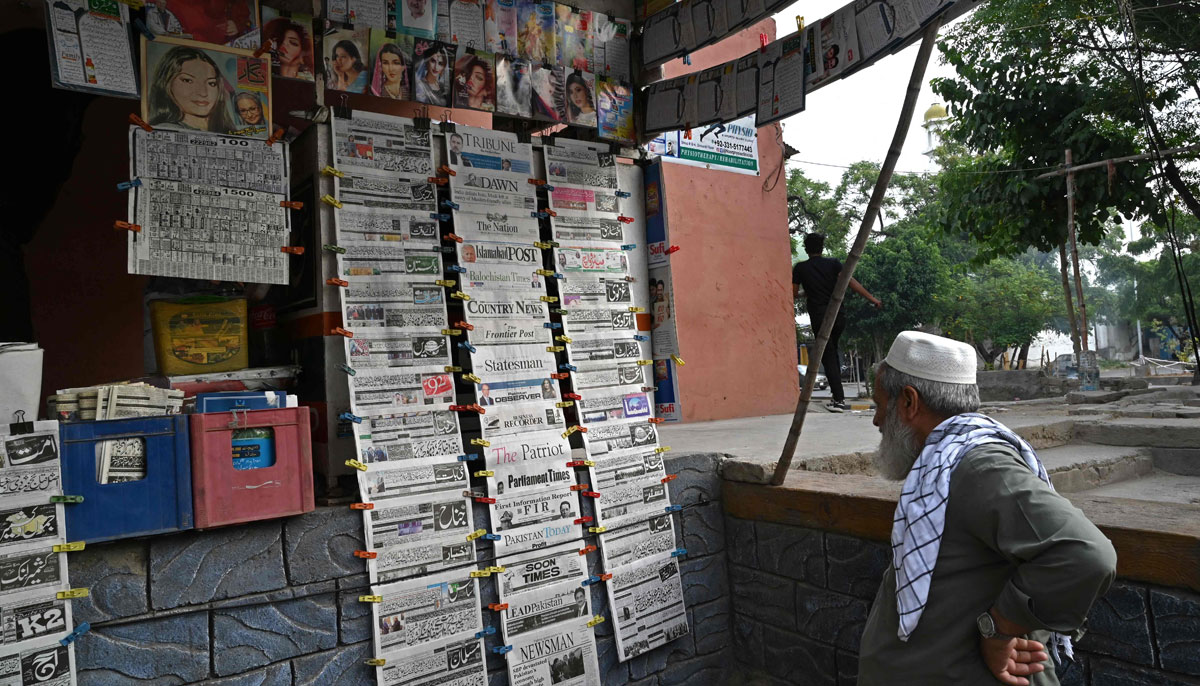
Independent analysts from the beginning were of the view that Modi would have to deal with much discontent and in all likelihood there would be attrition. For the BJP, unlike past elections, this was a hard climb. It seems the exit polls also completely missed the sentiment on the ground.
Employing Muslim, Pakistan hate
Modi as always as a last resort had turned to using hate speech against Muslims and Pakistan bashing. He called them "infiltrators" at an election rally, in the state of Rajasthan. This was a direct hit at the Congress party for it having a more inclusive approach.
"If it [Congress Party] returns to power, the party will gather all your wealth and distribute it among those who have more children, they will distribute it among infiltrators," Modi continued, "Do you think your hard-earned money should be given to infiltrators?"
The Congress party’s President Mallikarjun Kharge, labelled Modi’s comments as "hate speech" and the party spokesperson called them "deeply, deeply objectionable".
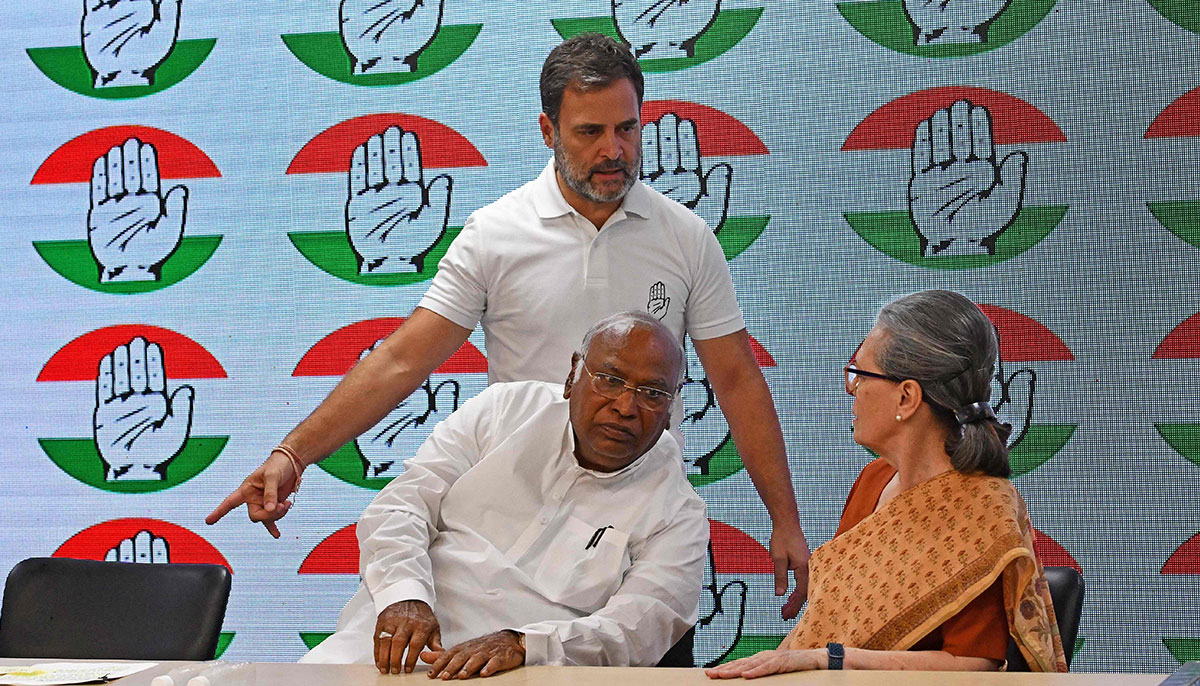
Critics of Modi say that India’s long-standing values of diversity and secularism have been undermined since the BJP assumed leadership. They allege that the party promotes religious intolerance and, at times, condones violence. President of the All India Majlis-e-Ittehad-ul-Muslimeen party, Asaduddin Owaisi said: "Since 2002 till this day, only ‘Modi guarantee’ has been to abuse Muslims and get votes."
Modi's blatant repression also has a transnational dimension. The 2023 Human Rights Report from the US State Department released in April 2024 says, "India engages in transnational repression against individuals in another country”, seemingly referring to alleged assassinations and assassination attempts carried out by Indian agents in Canada, Pakistan and the United States.
The biggest question staring the Indian electorate in the eye was, will the Ram Mandir Temple drama at Ayodhya enacted in January 2024, at the former site of Babri Mosque, and such similar acts and statements designed to sway India’s Hindu majority voters give Modi his win or issues that are central to their lives like unemployment, hunger, one of the worst economic inequality in the world, and farmer suicide, take centre stage. These issues impact Hindu and minority voters alike. It seems people have given their verdict and there is trouble in BJP paradise.
Pak-India ties — time for new beginnings
However, this tectonic shift in Indian politics will have little or no impact on Pak-India relations shortly. Once things cool down, and the new government takes office, one hopes that the results have a sobering impact on Narendra Modi. He is known for his pragmatism.
A review of Indian foreign policy vis-à-vis Pakistan is a must. The ball is in the Indian court. Both countries for the larger interest of peace and connectivity in South Asia, should at least start talking to each other. Time for new beginnings.
The people of India have won, secularism and constitutionalism have won. Blatant hate, extremism, and exploitative capitalism benefitting a handful have been defeated. The farmers of India, the poor and exploited in India, the marginalised and persecuted in India, and the unemployed youth of India have spoken. The change has happened: the power of the vote is evident when it is heard!
Dr Huma Baqai is Rector of the Millennium Institute of Technology and Entrepreneurship (MiTE). She previously served as associate dean for Faculty of Business Administration at the Institute of Business Administration (IBA), in Karachi. Dr Baqai has worked with both national and international media as an international relations expert and political analyst since 1999. She posts on X @_baqai.
Header and thumbnail illustration by Geo.tv



